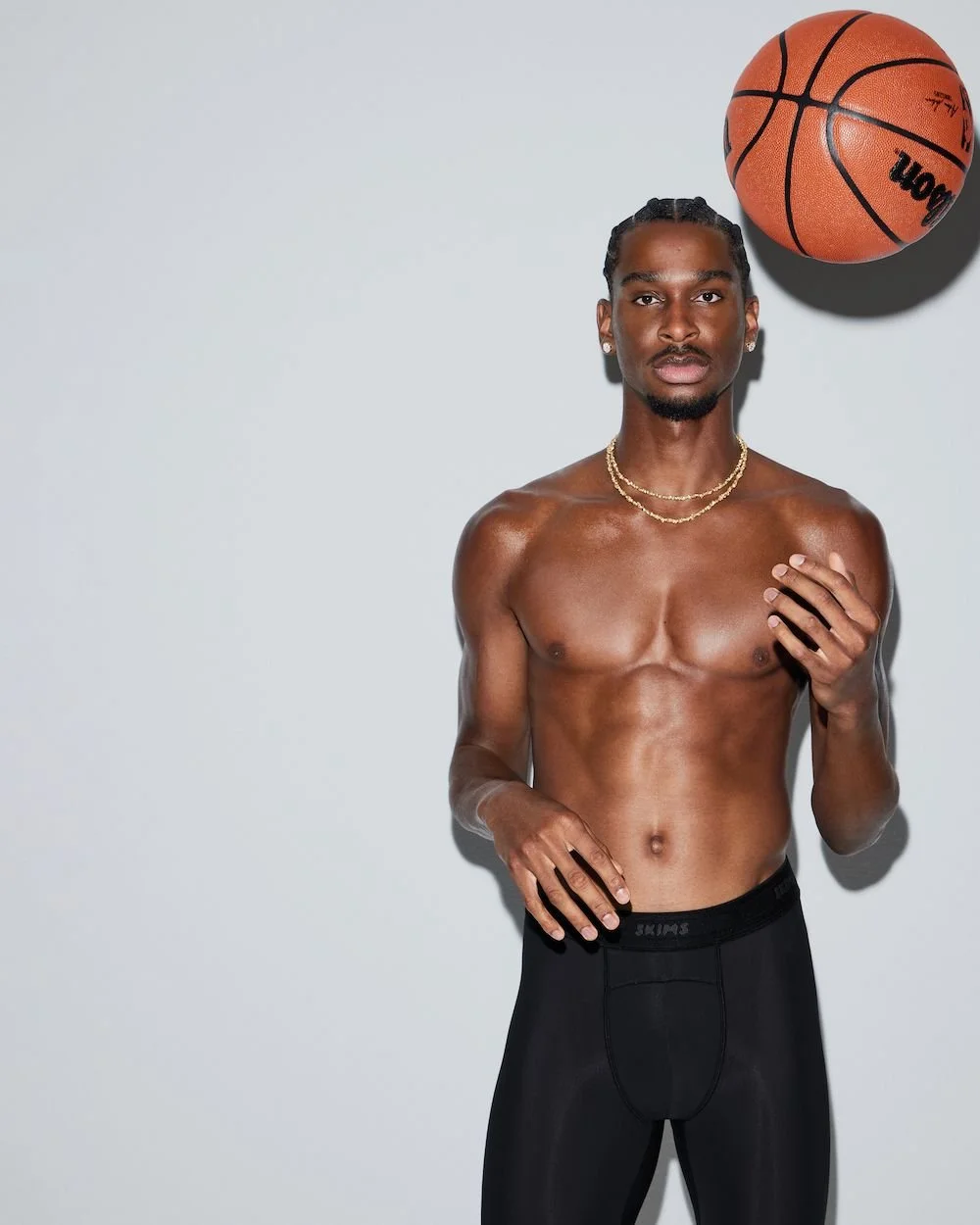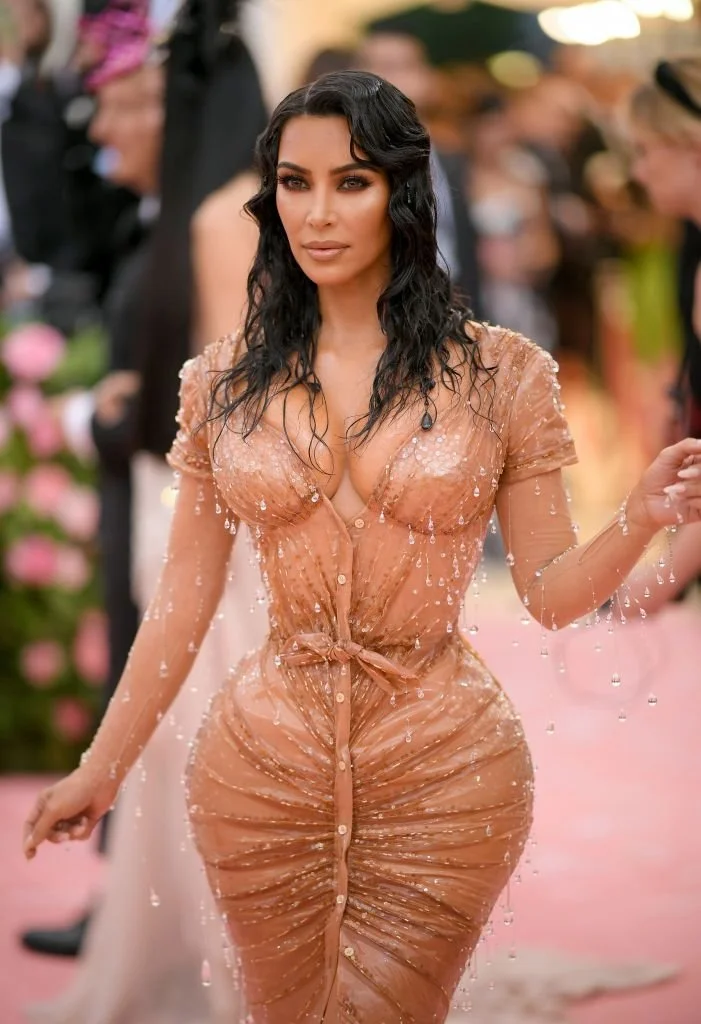Skims: Navigating Controversy and Influencer Marketing Within Fashion
Influencer marketing is not a new concept in the fashion industry. Year by year, we've witnessed brands create extravagant capsules and collaborations with major influencers who dominate the market, aligning with the belief that to excel in their respective fields, one must dress in the best. Consider Rihanna with Fenty, a leading musician with numerous successful albums and performances, or Manu Rios with CAREER, transitioning from YouTube to an acting sensation on Elite. However, not all collaborations have been positive; some have faced backlash for non-innovative thinking. For instance, Molly-Mae's role as the creative director for Pretty Little Thing sparked criticism due to increased visibility on fast fashion and its environmental impact. Despite the challenges, influencers remain closely tied to the fashion industry, consistently drawing the public's attention to brands.
At the pivotal of influencing, Kim Kardashian undeniably sits atop the throne. As the original influencer, she paved the way for this form of work, and her family capitalized on it, becoming among the first to collaborate with top brands globally. Today's collaborations bear a deep history rooted in the Kardashian clan's influence and their unique approach to marketing. The American dream intertwines itself with the Kardashian ideology of an ‘ideal’ American family unit, achieving success in various ventures and presenting themselves as a working family of billionaires. Skims, a shapewear brand co-founded by Kim Kardashian, stands out as one of their major successes, playing a crucial role in influencer marketing and contributing to global success. However, Kim's influence on female-presenting bodies has sparked loyalty concerns among the public. Can influencer marketing still impact brands, even when pioneered by the person who shaped modern-day influencing? Material investigates.
Skims: The Brand
Skims' commitment to offering a diverse range of sizes and skin tones has caused a stir in the fashion industry.
Currently estimated at $4 billion after just four years in production, Skims has become intricately linked to American fashion. Launched as a direct-to-consumer brand in June 2019 by Kim Kardashian, Skims aimed to provide women with options for different body types, skin tones, and ages in shapewear. The first collection included various bodysuits, bras, and other shapewear products, with a unique selling point of a broad size range (XXS-5X). Divided into five categories: Seamless Sculpt, Core Control, Sheer Sculpt, Contour Bonded, Fits Everybody, and Mesh Intimates, the collection catered to anyone interested in shapewear. Skims' first drop, according to TMZ, sold out in minutes, generating $2 million USD in sales without a single item priced over $100 retail. In 2020, Skims expanded its reach by selling directly through Nordstrom, and in 2021, it became the official underwear provider for Team USA's women's teams. The subsequent years witnessed unprecedented expansion into areas such as swimwear, menswear, and gymwear.
Many customers and fashion critics have publicly expressed their approval of Skims and its products. Compared to competitors, Skims' seamless design conceals the products under garments, offering a mass appeal. Customers praise its form-fitting, breathable, and shaping qualities, with some stating that "[the top] has a really nice stretch to it; it was form-fitting, breathable, and seriously shaping for the most flattering way possible - it’s kind of unreal." The ability to provide choices in a fashion brand, especially for women, and the accessibility of sculpting the body with various skin-tone colorways have fueled Skims' international success. Does this signal the future of body positivity?
Kim Kardashian
Body positivity and the Kardashian clan have a complex relationship. In an era where plastic surgery is more accessible than ever, over 30% of women in Beverly Hills have used Kim Kardashian as a reference image for their surgeries, sparking debates about whether this should be viewed as body positivity or hyper-capitalist anti-feminism. At the 2019 Met Gala, Kim faced backlash for her Thierry Mugler look – a tanned body-con dress adorned with white glass-like tears resembling water droplets. While celebrated initially, the weeks that followed saw businesses worldwide exploiting her imagery to lure customers, perpetuating unrealistic beauty standards.
Kim's influence on the idea of the perfect female body has ignited discussions on responsibility in a society where body image conversations have intensified, especially with influencers candidly discussing image adaptation for social media. Kim, however, seems to sidestep acknowledgment of her role in perpetuating unrealistic body expectations. Despite her recognition that she works tirelessly due to her celebrity status, she refrains from addressing her contribution to damaging stereotypes. Criticism for her mantra on overworking, claiming that women 'don't want to work nowadays,' has sparked international uproar, potentially harming the reputation she has worked hard to rebuild. Kim's limited acknowledgment of her past actions and her recent comments reveal a disconnection from the negative impact she has had on body image conversations. The line between anti-feminism and pro-choice becomes blurred in the realm of influencer marketing, where Kim's influence holds substantial weight.
Conclusion
In the evolving landscape of influencer marketing and its impact on the fashion industry, Skims emerges as a captivating case study. Despite the controversies surrounding Kim's influence on body image, Skims' commitment to inclusivity, offering diverse sizes and catering to various skin tones, has propelled it to a staggering $4 billion valuation within four years.
Skims' success stands as a potential redemption arc, emphasizing the brand's resonance with the public and its role in promoting choice and accessibility in an industry often bound by narrow beauty ideals. However, the broader question remains: Can an influencer, even as influential as Kim Kardashian, fully distance themselves from the impact of past controversies?
As we ponder the blurred line between anti-feminism and pro-choice in influencer marketing, Skims prompts us to reflect on the evolving dynamics of the fashion industry and the responsibility influencers bear in shaping societal perceptions. Kim Kardashian's journey, marked by triumphs and controversies, raises crucial questions about accountability and the lasting impact of influencers on cultural narratives. The Skims narrative suggests that the intersection of influencers and fashion continues to be a powerful force, influencing our perceptions of beauty and self-expression.


